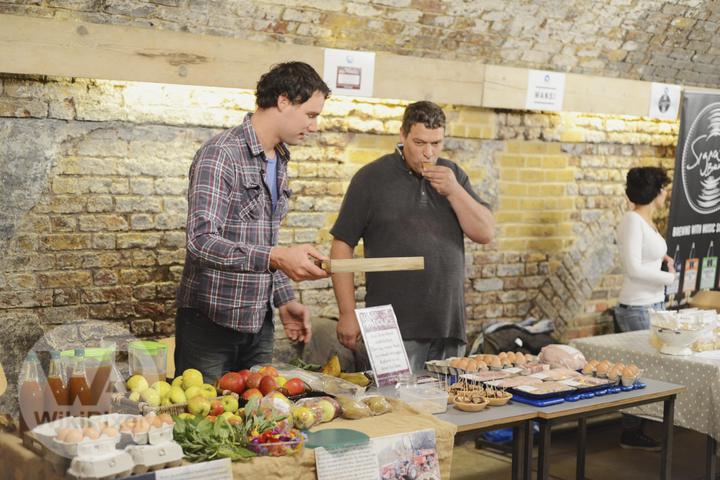“The UK is only 52% self–sufficient in food”
That was a headline which caught my attention last week and the 52% self-sufficiency figure came from a report published by global food experts at the University of Leeds. They stated that the UK has now reached the point where retailers, producers and customers all need to recognise the wider benefits of supporting domestic food production. The report goes on to talk about “the increasing risks, both in climate change and trade wars, of too much reliance on food produced elsewhere” and “support of local food producers will have wider benefits for the nation and the countryside”.
The independent report was commissioned by Morrisons supermarkets who have now launched a search for more than 200 new suppliers to replace some of the imported food with locally sourced produce. This move by Morrisons came shortly after Marks and Spencer announced they will stock Scotch lamb exclusively all the year round in a move which will replace any New Zealand lamb in their stores in Scotland.
All of this is now fast becoming part of a trend by more and more retailers to stock local food which they say is in more demand than ever amongst their customers. The same report points out that 67% of those shoppers believe they are supporting farmers who care about their crops and animals and will look after the countryside.
So, is this all good news for farmers and supermarkets who, it would appear, have won over the hearts and minds of their customers?
Part of me wants to say “of course – this is fantastic news”, another part of me is nervous as a result of the way some supermarkets have treated farmers in the past and the cynical part of me says “retailers are hedging their bets with Brexit looming”.
After all, if free trade with Europe is going to disappear, then any shopkeeper will turn back again to the UK for food supplies and that’s just simple common sense.
For their part, if supermarkets want to attract and keep local suppliers, then they will have to pay a proper price for food and drop some of the nonsense of buying shelf space and special deals including buy one get one free. These sorts of deals will never show customers the real value of properly produced food, nor will they give a decent price back to the farmer.

The Europeans have set an excellent example of co-operation in farming over the years and anyone who has been into the more rural areas of countries like France, Belgium, Germany and Netherlands will no doubt have come across farmers markets in the village squares and high streets.
 However, farmers in France haven’t been slow to take on the computer age in their marketing and developed on-line markets with what have become known as “Food Assemblies”.
However, farmers in France haven’t been slow to take on the computer age in their marketing and developed on-line markets with what have become known as “Food Assemblies”.